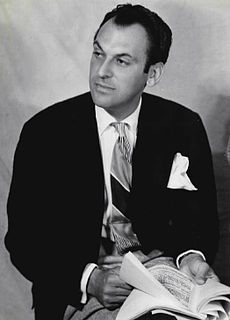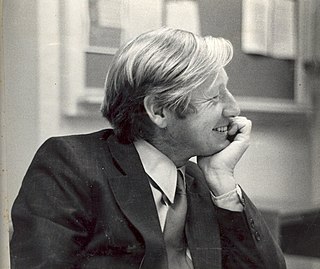A Quote by David Gerrold
In the 20th century, we had a century where at the beginning of the century, most of the world was agricultural and industry was very primitive. At the end of that century, we had men in orbit, we had been to the moon, we had people with cell phones and colour televisions and the Internet and amazing medical technology of all kinds.
Related Quotes
Other centuries had their driving forces. What will ours have been when men look far back to it one day? Maybe it won't be the American Century, after all. Or the Russian Century or the Atomic Century. Wouldn't it be wonderful, Phil, if it turned out to be everybody's century, when people all over the world--free people--found a way to live together? I'd like to be around to see some of that, even the beginning.
I think the twenty-first century happened, basically. That this century started on 9/11. And basically, it's been a century of counter reaction to globalization and the meritocracy. And a good century for 72 nations have gotten more authoritarian. We've had Brexit. We have Le Pen rising in France. We've just got a lot of these types all around the world. And the people who are suffering from globalization and the meritocracy are saying, "No more. You know, we get a voice too."







































